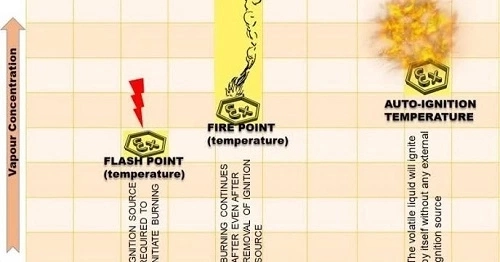How Can Forklift Accidents Be Prevented?
Forklifts are indispensable machines in industrial operations, from warehouses and shipping docks to construction sites. However, their power and utility come with serious risks. Every year, thousands of forklift accidents result in injuries, fatalities, and substantial property damage. According to the Occupational Safety and Health Administration (OSHA), forklift accidents cause approximately 85 deaths and 34,900 … Read more









